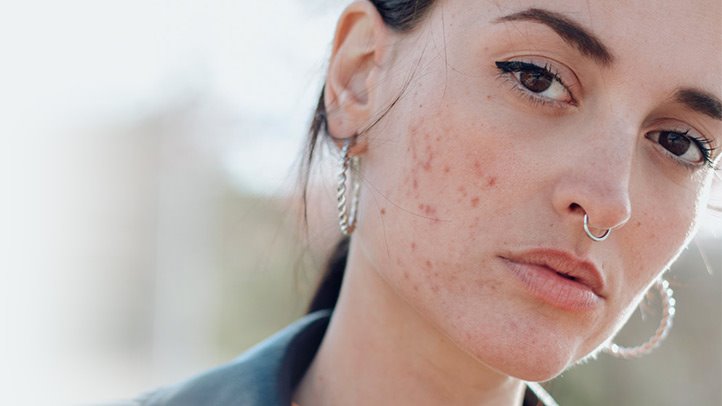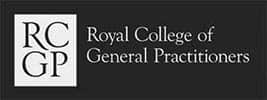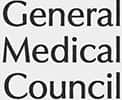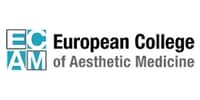
Whether you’ve had acne for many years, or whether it’s a recent change to your skin – acne can be a horrible thing to experience, and it can really damage your self confidence.
Acne is a condition that occurs on the skin, usually on the face, but sometimes on the neck, chest and back too. It’s a skin condition that occurs when the hair follicles in your becomes clogged with oil or dead skin cells.
This clogging of the follicles and pores leads to a variety of side-effects – which is what we refer to as acne. This can include whiteheads, blackheads or pimples. Many people might experience the occasional grouping of this side-effects, however acne is generally considered the severe end of the spectrum – where groups and clusters of whiteheads, blackheads or pimples are appearing frequently and are difficult to get rid of. In very severe cases, people even experience permanent scarring from their acne.
There are effective treatments available for acne, but it’s a condition that can be frequent and persistent. Some people seem to be more prone to it then others, and for many people it can last many years of their life.
If you have acne, it’s likely you’ve been aware of it for some time. Unfortunately, acne isn’t a ‘subtle’ condition, and because of the very visible places it occurs, most who have it know about it. Some of the symptoms of acne are:
Whiteheads
Blackheads
Small red spots
Papules
Pimples
Pus-filled lumps
There are a selection of treatments that can improve the condition of your skin and help start a healing and cleansing process.
Despite what the name suggests, a chemical peel doesn’t actually peel off your skin. So don’t worry! A chemical peel is actually an intense exfoliation of the skin, which removes dead skin cells and allows your skin to recover and produce new skin quicker. This process helps remove the oil and dead skin cells that could be blocking and clogging your pores and follicles, which in turn helps improve the appearance of acne.
A Dermatologist will likely be someone you come to see quite often if you go down this route. A Dermatologist is essentially a skin expert, and dermatology treatment will be a series of consultations and recommendations made specifically for your skin type and symptoms. This could include products, medication and treatments – or a course of all the above.
This is a laser treatment that has had good results for people suffering with severe acne. During a PDT session, you will have a solution applied to your skin (this solution makes your skin more sensitive to light), and then a dermatologist uses a laser (or light device) to slowly treat the areas of acne you have. It can help people experience clearing in tough areas of acne.
For mild cases of acne, or just problematic breakouts, visiting a facility that offers specialised facials may be enough to see some clearing of your symptoms. Regular cleansing facials with a professional skin clinic can really help your skin to recover and heal, especially if you make the effort to continue treatments over a course of time.







